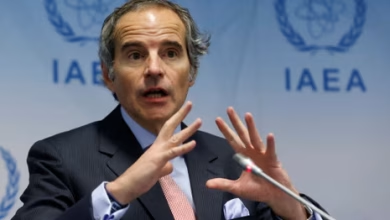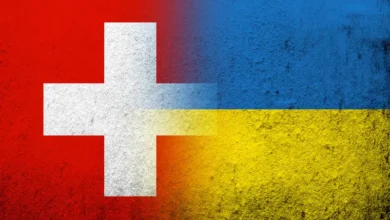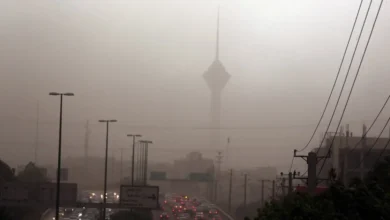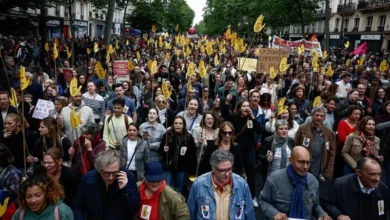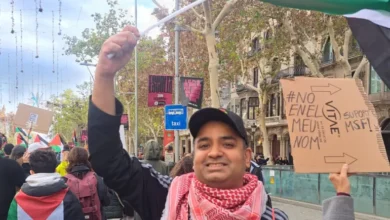One in three Palestinians in Gaza going days without food, UNICEF says
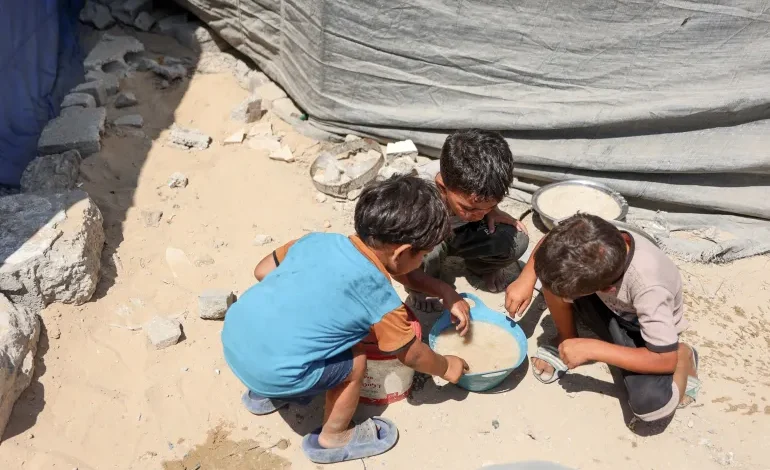
Gaza faces a grave risk of famine, with one in three people going days without food, the UN Children’s Fund (UNICEF) has warned.
UNICEF on Friday urged the international community to act swiftly as conditions continue to deteriorate due to Israel’s genocidal war.“Today, more than 320,000 young children are at risk of acute malnutrition,” Ted Chaiban, UNICEF’s deputy executive director for humanitarian action and supply operations, said in a statement on Friday following a recent trip to Israel, Gaza and the occupied West Bank.
He said the malnutrition indicator in Gaza has “exceeded the famine threshold”.
“Today, I want to keep the focus on Gaza, because it’s in Gaza where the suffering is most acute and where children are dying at an unprecedented rate,” he said.
“We are at a crossroads, and the choices made now will determine whether tens of thousands of children live or die.”On Saturday, Atef Abu Khater, a 17-year-old Palestinian, died of malnutrition, a medical source at al-Shifa Hospital told Al Jazeera.
Earlier this week, Khater, who had been in good health before the war in Gaza, was hospitalised in intensive care, according to media reports, which quoted his father as saying he was no longer responding to treatment.
Since October 7, 2023, Israel’s war on Gaza has killed at least 60,000 Palestinians, more than 18,000 of them children. Many more remain buried under the rubble, most presumed dead.
According to Gaza’s Ministry of Health, the number of deaths from starvation in the territory stands at 162, including 92 children.‘Engineered Israeli genocidal chaos’
Ahmed al-Najjar, a journalist and resident of Gaza who is sheltering in Khan Younis, says Palestinians in the besieged territory are faced with “tragedy and torment” amid Israeli bombardment, forced starvation and a complete feeling of insecurity.“With the cats away, the mice will play – except that it’s not just a mouse, but an engineered Israeli genocidal chaos,” he told Al Jazeera, stressing that safety is “nowhere to be found” in Gaza.
“We are not just referring to the fact of constant fear of the Israeli bombs being dropped on our heads, but the fact that there is a total security and power vacuum that leaves us here unsure and uncertain of our own safety,” al-Najjar said.
He described that even walking in the street and going to buy a bag of flour or some other basic necessity makes people feel uncertain whether they will be able to return home safely.
“There is not any sort of presence of police or security forces in the streets; we’ve been seeing the continuous and systematic targeting of the police forces inside these ‘safe zones’ here.”




